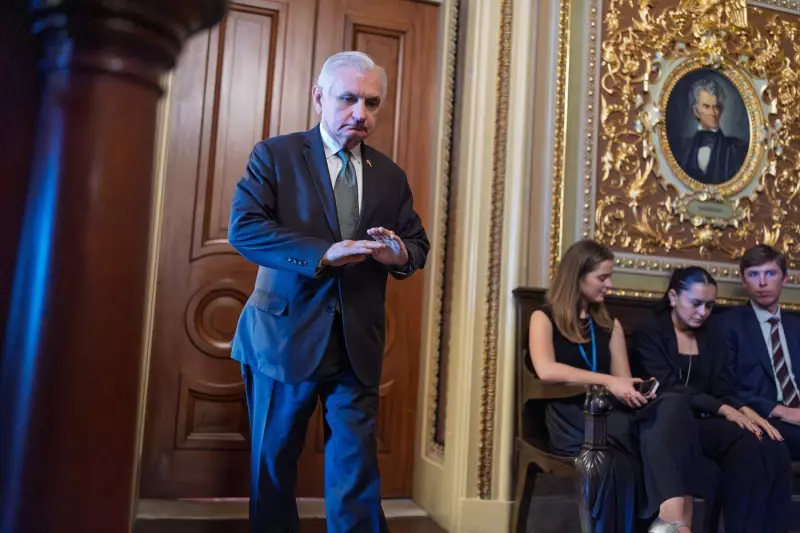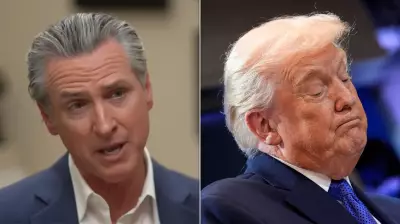
In a significant political showdown, Senate Republicans have defeated legislation that would have curtailed President Donald Trump's ability to initiate military action against Venezuela without explicit congressional authorization.
The bipartisan measure, which required the administration to seek approval from Congress before engaging in hostilities against the South American nation, failed to advance despite growing concerns about escalating tensions in the region.
Bipartisan Effort Falls Short
The proposed legislation represented a rare moment of cross-party cooperation, with lawmakers from both sides of the aisle expressing apprehension about potential military escalation. Supporters argued that the Constitution clearly grants Congress, not the president, the power to declare war and authorize military force.
"This was about reasserting Congress's constitutional role in matters of war and peace," explained one Democratic senator who supported the measure. "The founders never intended for one person to have unilateral authority to commit our troops to conflict."
Administration's Venezuela Stance
The Trump administration has maintained a hardline position against Venezuelan President Nicolás Maduro, recognizing opposition leader Juan Guaidó as the legitimate president and imposing extensive economic sanctions. Administration officials have repeatedly stated that "all options are on the table" regarding Venezuela, though they have stopped short of explicitly threatening military intervention.
Republican opponents of the legislation argued that limiting presidential authority could undermine diplomatic efforts and weaken the U.S. position in ongoing negotiations. "We need to maintain strategic ambiguity and not tie the president's hands in foreign policy matters," one Republican senator stated following the vote.
Constitutional Powers Debate
The debate reflects ongoing tensions between executive and legislative branches regarding war powers. Similar discussions have occurred surrounding military engagements in Syria, Iran, and other global hotspots where the administration has asserted broad presidential authority.
Legal experts note that the War Powers Resolution of 1973 already requires presidents to seek congressional authorization for military actions lasting longer than 60 days, though multiple administrations have found ways to work around these requirements.
The failed Venezuela measure highlights the continuing struggle between congressional oversight and executive power in U.S. foreign policy, particularly regarding nations where the administration has identified regime change as a policy objective.






